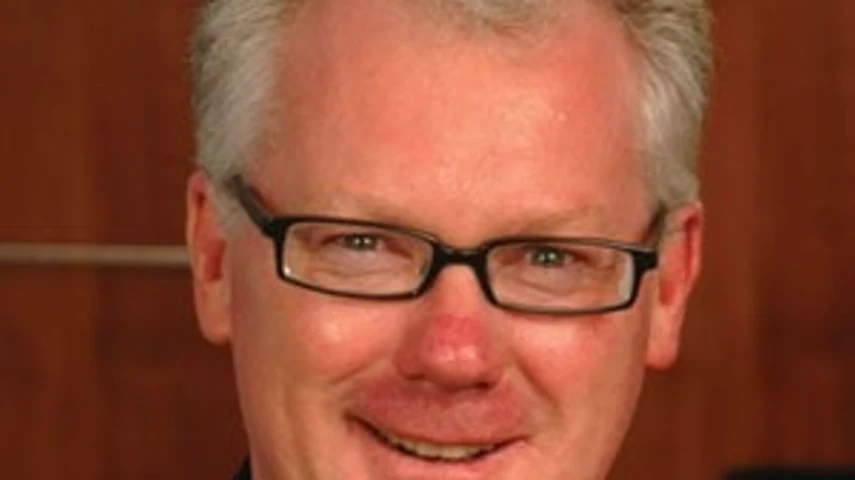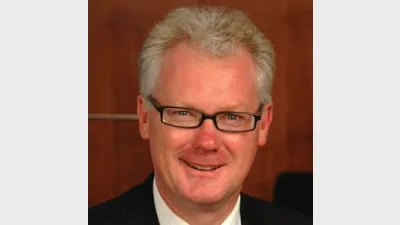New ATO powers focus on SMSF trustees



As the new financial year begins, there are changes aplenty not just for self-managed super funds (SMSFs) but for all superannuation, according to Michael Hallinan, special counsel, superannuation, for Townsend Business & Corporate Lawyers.
In terms of those affecting SMSFs specifically, Hallinan said that the new powers granted the Australian Taxation Office (ATO) were top of the list.
"The ATO will have the power to make mandatory directions in relation to education of trustees; [make] directions to rectify contraventions in a specified period of time, and issue administrative penalties against trustees for contraventions occurring from 1 July 2013," he said.
"Trustees will then be able to appeal penalties issued by the ATO through the Administrative Appeals Tribunal.
"The ‘on again, off again' ban on off-market transfers has also been removed from the draft legislation before Parliament," Hallinan continued. "So off-market transfers for listed securities remain in place."
Hallinan pointed to mortgage stamp duty within NSW as another ‘on again, off again' situation.
"Despite promising for years to abolish mortgage duty as part of the original GST deal with the Commonwealth government, NSW just can't bring itself to give up the revenue and yet again looks likely to defer the abolition which was meant to start from 1 July 2013," he said.
"SMSFs with corporate trustees who use a limited recourse borrowing arrangement to purchase property in NSW will continue to pay state duty on their mortgage documents for the foreseeable future.
"[That makes it] the only State or Territory still imposing that duty."
Altering focus to those changes affecting all super fund members, Hallinan instanced the first increase in the superannuation guarantee (SG) (from 9 per cent to 9.25 per cent) but also changes to SG contributions for those over 70.
"There will be an obligation for employers to now contribute for employees who are 70 years and over as the upper age limit for SG contributions is removed," he said.
"Also worth noting is that as a result, employers may now be able to claim SG contributions as a deduction where an employee is over 75 and not covered by an industrial award.
"There is also a higher concessional contributions caps for those aged 60 and over during 2013-14," Hallinan added.
"The cap increases from $25,000 to $35,000 and previous indications of a required balance of $500,000 to be eligible for the higher cap have been abandoned.
"The increase does not apply to concessional contributions made by 50-59 year olds until 1 July 2014 and there is no change to the non-concessional contribution caps."
Recommended for you
The winners have been announced for the 2025 Super Fund of the Year Awards, held in Melbourne on 26 November by Money Management's sister brand Super Review.
Data and technology provider Novigi has acquired Iress’ superannuation consulting and managed services business from Apex Group.
AMP is to launch a digital advice service to provide retirement advice to members of its AMP Super Fund, in partnership with Bravura Solutions.
Unveiling its performance for the calendar year 2024, AMP has noted a “careful” investment in bitcoin futures proved beneficial for its superannuation members.









